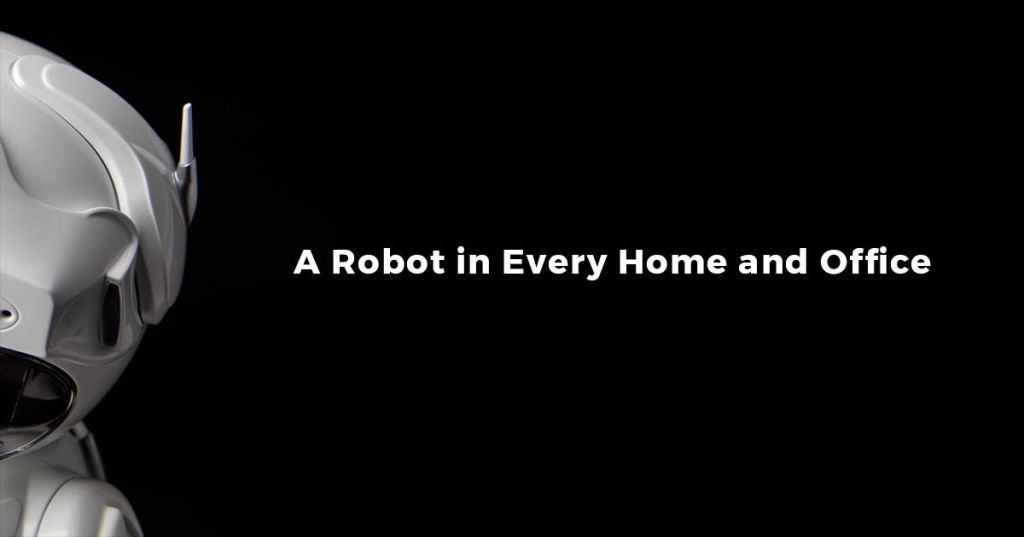
The new company employs about half a dozen former Sphero ex-pats, including co-founder Ian Bernstein, who will be Misty’s Head of Product. Bernstein and team have been working on the seeds of Misty’s first product under the Sphero banner for roughly a year and a half, ultimately opting to spin it off into a new company, given its vastly different — and decidedly more ambitious — goals.
“At some point it just made sense for Sphero to focus on connected play,” Bernstein tells TechCrunch. “And it would make sense to spin off a company so we can raise more money and go bigger and faster on this idea of an autonomous robotic being in the home and office.”
Founded as Orbotix in 2010, Sphero has seen rapid growth in the past several years as it’s transformed itself from a niche maker of a smartphone-controlled robotic ball into a full-fledged Disney co-conspirator. The company rocketed to success when its first product became the basis of the remote-controlled BB-8, a wildly successful Star Wars tie-in. Since then, the partnership has produced new Cars and Spider-Man toys.
But Misty’s offering is something else entirely. The company isn’t ready to reveal much in the way of details at this early stage, except to say that it’s planting the seeds for more mainstream devices. It’s understandable, of course, that it’s fairly modest in its projections. Countless companies have tried to bring consumer robotics to the home, but have largely failed through some combination of half-baked technologies and impossible-to-meet consumer expectations.
For a robot to succeed in the home, it has to be affordable, capable and serve some task that people either can’t or simply don’t want to perform. Only iRobot’s Roomba has come close. The product has found success, but even so, its one-note functionality feels underwhelming compared to the expectations science-fiction has been feeding us for decades. But products like it and Amazon’s Echo are slowly opening the door to more technology in the home. Though Misty tells me it believes a truly mainstream consumer robot is still “several years” away.
“We don’t believe it’s time for a mainstream robot,” says CEO Tim Enwall, who also founded Google-owned home automation company Revolv. “We don’t believe there [is currently] a market for it. What we do believe is that there will be a robot in everyone’s home and office and there is a progression to that process. And that progression, like every other technology we’ve ever adopted as humans, doesn’t start with a mainstream market. It starts with an innovator market.”
Misty’s first several products will be targeted at the hobbyist/maker market — something more akin to where desktop 3D printing and drones have been for the past decade. From there, however, it hopes to build toward something more substantial, both through acceptance among early adopters and a fine-tuning of the multi-purpose robot’s functionality. But, adds Enwall, “even the first-generation of product will embody the principles required for putting a robot in everyone’s home and office. It’s just that this first version will be targeted at innovators.”

Though Misty’s Sphero experience does point to a company that understands the value of imbuing a product with personality. “We’ve learned a lot,” says Bernstein. “From the progression of starting to add personality in Sphero 2.0, to the Disney deal, [we’ve learned] the power of creating a robot that’s…more of a character.”
Misty’s first product is set to hit the market next year.
source: TechCrunch


Post a Comment